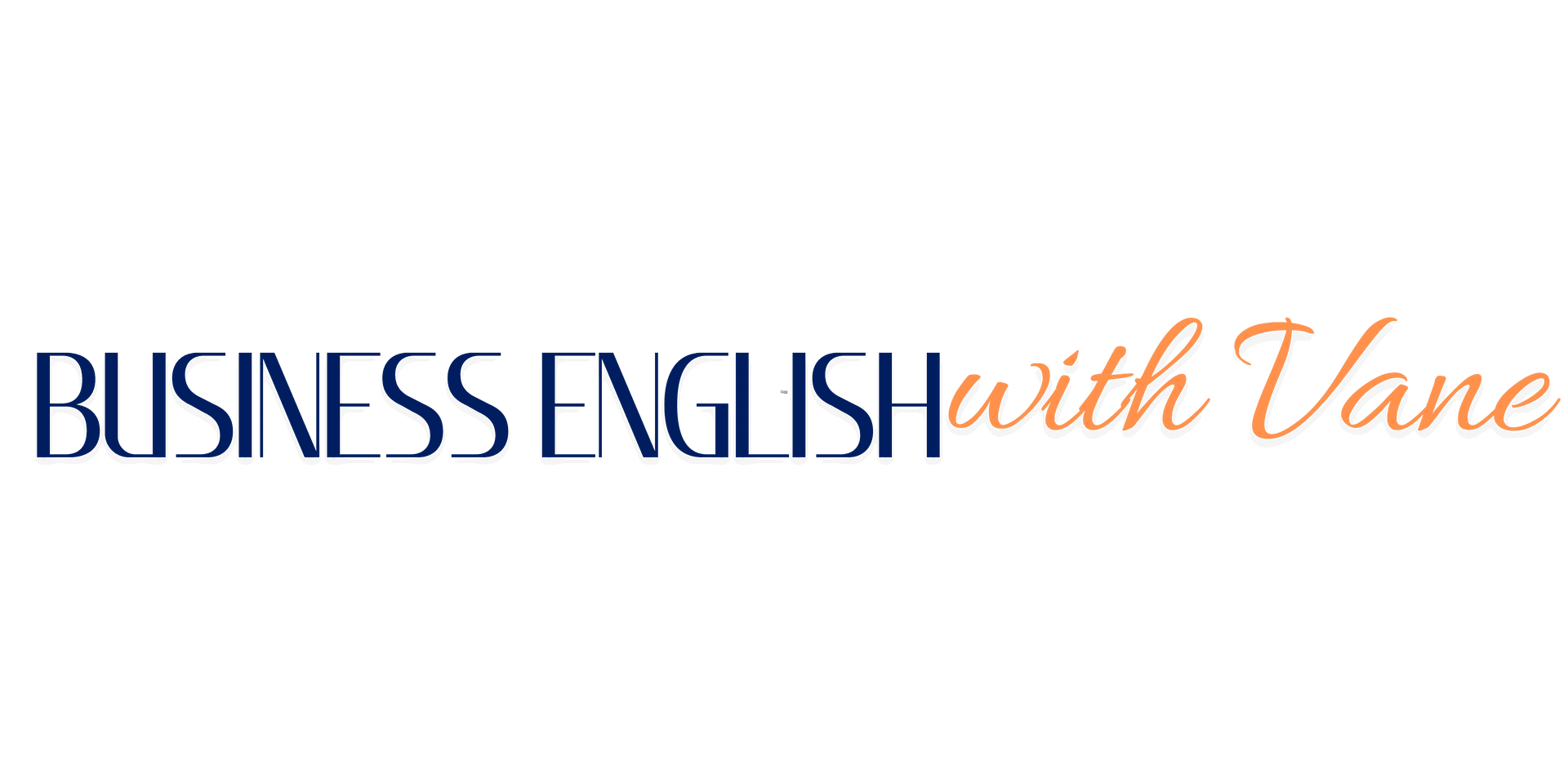
You’re presenting a project in English or participating in an important meeting… and suddenly someone asks you an unexpected question. You feel unsure, get stuck, or don’t know how to answer without sounding unprofessional.
Don’t worry. This happens to almost everyone who is learning Business English. In this article, I’ll show you how to handle difficult questions during a presentation or meeting in English, with useful phrases and techniques you can start practicing today.
1. Preparation: your best defense
Before any meeting or presentations in English, prepare for possible questions. Think about what they might ask you: numbers, deadlines, decisions, past mistakes, and so on.
Practical tip:
Write down possible difficult questions and practice your answers out loud or with a coach.
Examples of typical difficult questions:
- Why did your team choose this approach?
- Can you explain the delays in the last phase?
- What’s your backup plan if this fails?
2. Stay calm: your body language also speaks
When someone asks you a complicated question, your reaction is just as important as your answer. Avoid defensive gestures (crossing your arms, looking down) and control your tone of voice.
Useful phrases to buy time without sounding unprofessional:
- That’s a great question. Let me take a second to think about it.
- I see your point. Let me clarify…
- Thanks for bringing that up. It’s something we’ve considered carefully.
These phrases help you answer with confidence without needing to improvise anxiously.
3. Rephrase if you didn’t understand (don’t be afraid!)
It’s totally acceptable to ask someone to repeat or rephrase a question, especially in international contexts.
Useful phrases to ask for clarification:
- Could you please repeat that?
- Do you mean…?
- Just to make sure I understand, are you asking about…?
This shows you care about giving a correct answer, instead of guessing.
4. Be honest if you don’t know the answer (but don’t go silent)
There’s nothing worse than giving a made-up answer just to say something. Instead, you can sound professional by saying you’ll double-check.
Recommended phrases:
- I don’t have the exact figure right now, but I’ll follow up with the details after the meeting.
- That’s outside my current scope, but I’ll check with the right department and get back to you.
- I’d rather confirm that data before giving a definite answer.
Related article:
How to sound more natural in job interviews
5. Redirect if the question doesn’t fit the context
Sometimes, people might ask questions that are not directly related to the topic or are too technical or personal.
Useful phrases to redirect politely:
- That’s an interesting point, but I’d prefer to stay focused on today’s topic.
- We can definitely discuss that in more detail offline.
- Let’s address that after the presentation if time allows.
6. Practice with real simulations
The best way to prepare for difficult questions is by simulating real situations. You can practice with a coach or in a group and ask them to surprise you with unexpected questions.
You can also use TED Talk recordings or job interview videos in English and practice how you would respond to similar questions.
Mini practice exercise:
- Choose a presentations in English you need to give (real or simulated).
- Write 5 possible difficult questions someone might ask you.
- Answer them in English, out loud. Record yourself.
- Listen to your recording and correct filler words, long pauses, or hesitation.
- Record yourself again until you sound more fluent and natural.
Handling difficult questions in English during a presentation or meeting isn’t just about fluency — it’s about strategy. With preparation, key phrases, and consistent practice, you can gain confidence, show professionalism, and stand out in any international context. I’ll be waiting for you in my group program!
